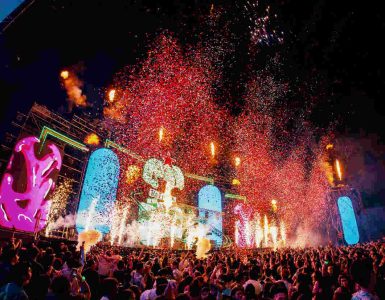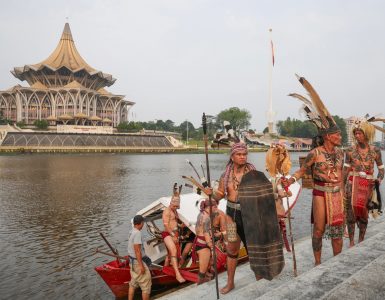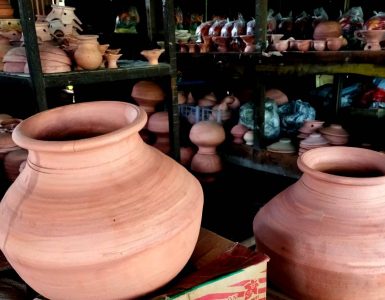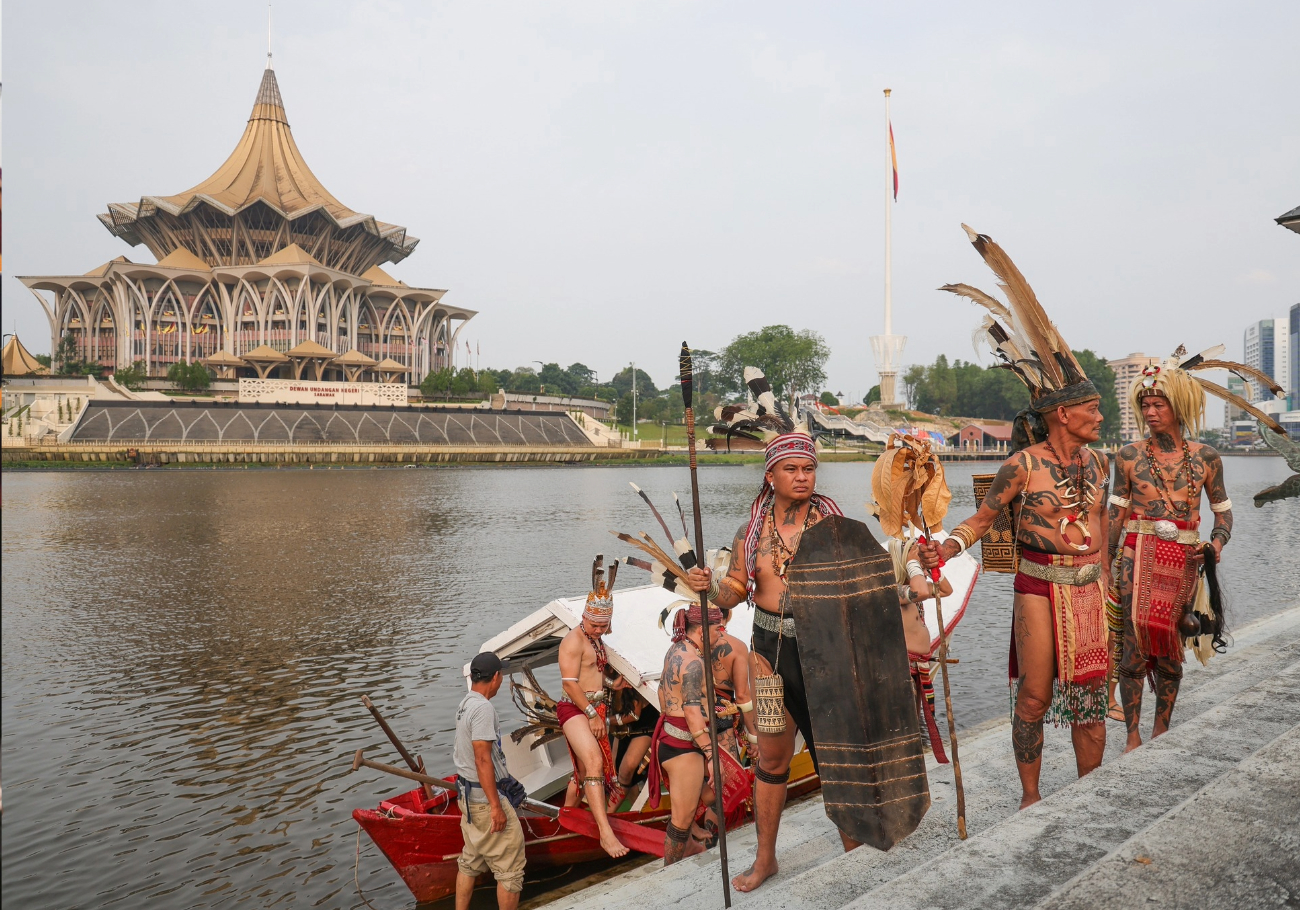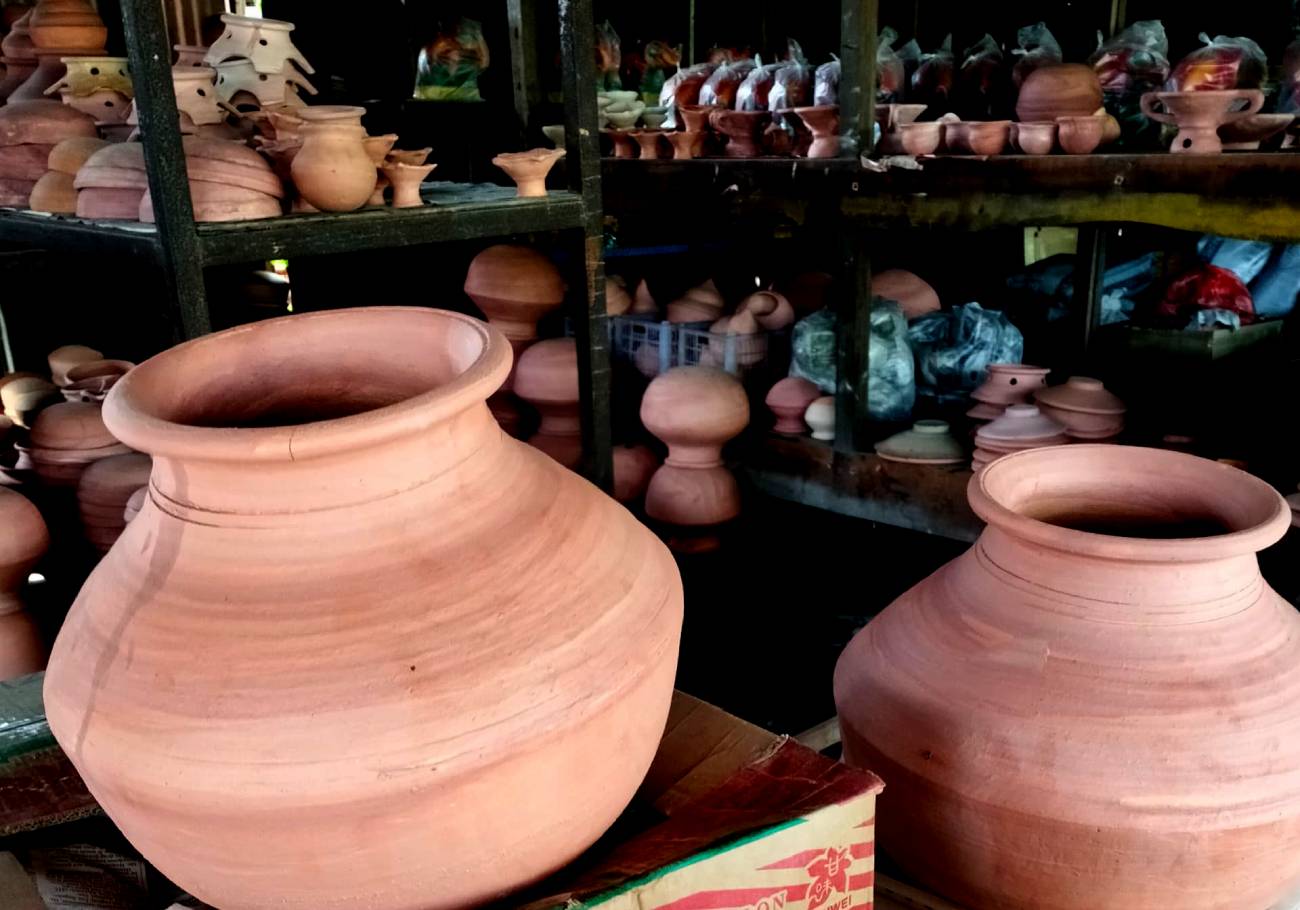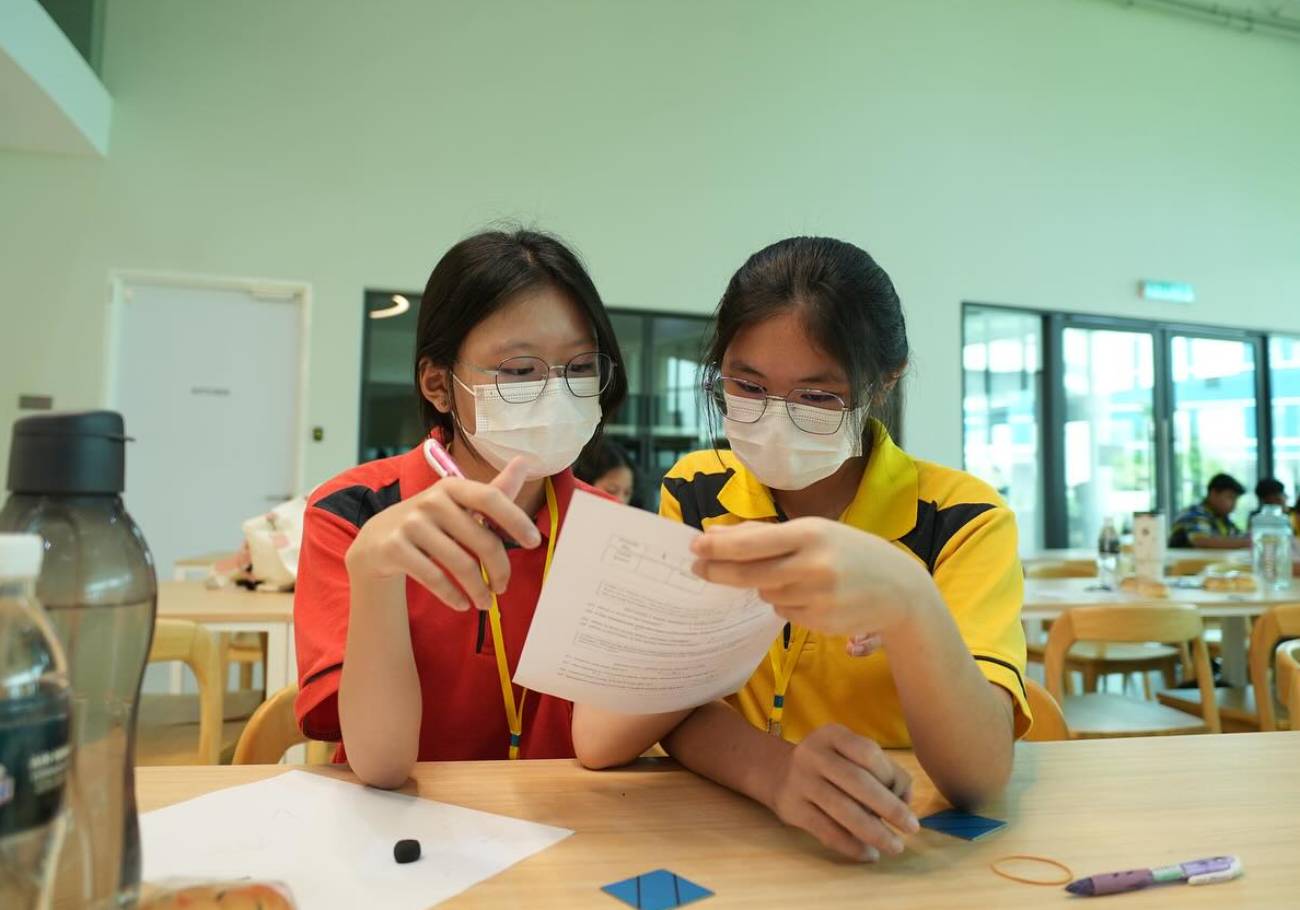On Oct. 24, 2010, the Bishop of the Diocese of Penang, Bishop Antony Selvanayagam turned 75, the age when bishops are obliged to request for retirement.
Bishop Selvanayagam was appointed auxiliary bishop of Kuala Lumpur on March 6, 1980, and ordained a bishop on Sept 1 that same year. He was appointed Bishop of Penang on July 2, 1983.
What inspire you to become a priest?
I was born in Malaysia but after I was born, my parents decided to move back to Sri Lanka. I completed my education in Sri Lanka and after school and pondering on what to do, I decided to look for a job in Malaysia.
I worked for the government for three years. In 1960 I attended the Silver Jubilee celebration of the late Archbishop Vendargon. Something he said in his homily struck me – “Go and sell everything and come and work for the Lord.”
This phrase stirred me and after some deliberation I decided to join the seminary. I informed my family of my decision and the were encouraging. My mother told me that as long as I was happy, I could do whatever I wanted.
In the begining the seminary experience was rather challenging but over time I began to feel accustom to its lifestyle and began enjoying the life there.
My first posting was to an urban area in Kuantan, then to a rural area in Batang Juntai. I was a priest for 10 years before I became an auxiliary bishop to the late Archbishop Vendargon.
During your 30 years as a bishop, how did you find your relationship with the priests?
Well, so far, there are no major conflicts. All priests have minds of their own. We may disagree on areas of pastoral work but still carry on with their the spiritual life of the parish.
On the whole, priests have been faithful. If there are conflicts between us, we solved them through a dialogue.
The priests know there is a possibility to dialogue with me and but they also know, as a Bishop, I have the final say.
How do you see the problem of the shortage of priests in your Diocese?
The shortage of priests is a challenge not only to me but to everyone – priests and laity alike.
Despite the shortage, priests faithfully serve the people even-though they have to stretch themselves tremendously but fortunately they received a lot of support from lay people.
Lay people are now coming forward to help in the parish life. You see them in the Liturgical Committee, Catechetical Committee and so on. In other words, they help the priests in the running of the parish and this lightens the duties of the priest.
The church document ‘Vocation of the Laity in the New World’ spelled out that once you are baptized and confirmed, you are part of the Church.
Thus, in helping to run the parish, they are only affirming the roles which are rightfully theirs. Generally, Catholics know that the priest is the unifier of the parish. They do what they can, supported by the parish priest and leave the final decision to the priest.
What is your view about the Church being involved in political matters? There are some who say that the Church shouldn’t be involved at all.
Firstly, there is a misconception among many people that once the word ‘politics’ is mentioned, they will think of political parties or politicians. This is an erroneous belief. Being politically involved means speaking up for our rights.
We hear people complaining about injustice, unfairness, racism and so on but they don’t act. They expect the church leaders to speak up and they don’t do anything. That’s not right at all.
They should be encouraged to be vocal, to express their views, to fight for their rights. It is a mistake to say that only the leaders should speak up.
No doubt, the leaders play a part but generally all Catholics should be more active in expressing their ‘political’ rights.
When you go to church and hear the Word of God, what do you do after that? What we heard (from the Word of God) should help us to do our political responsibilities.
To be politically motivate and politically sensitive to what is happening around us is part of our responsibility as Church. We must educate people on this – this is an important area but since it is delicate area, we must be prudent in going about it.
What can you say to be your proudest moment in your years as a clergy?
One of the proudest moments I have encountered was when I became the first president of the Christian Federation of Malaysia (CFM).
A body to bring together all Christians for a united voice is very important. CFM is also a member in the Malaysian Consultative Council of Buddhism, Christianity, Hinduism, Sikhism and Taoism (MCCBCHST), an inter-religious body.
Being in a multi religious country, it is good for all religion to come together to talk and find a common ground and to resolve problems they face. However, it is sad the Islam is not represented in MCCBCHST.
What do you see as the most important to promote in the Church today?
To build communities – that is the start of Basic Ecclesial Communities (BEC) in all parishes. During the 1976 Aggiarnamento, I remember vividly the consensus that came out was “We are a crowd, not people”.
People must begin to realise that going to church every Sunday will not keep us as faith-filled people – that alone can’t help us to be strong in our faith.
Caring for people and loving one another keep us alive. Jesus had said “if you love me, love one another.”
Before me – my predecessor, Emeritus Archbishop Soter Fernandez had already started BEC, I just continued with his good work. The Church is not able to meet challenges if it remain at parish level, so now people are turning to BEC. Every parish should have BEC – it is the real ‘lifeline’ of the church.
What is your interest? What do you do to relax?
I like gardening very much. I take a personal interest in planting fruits trees. I have plenty of different fruit trees in my house. Gardening is a good way to unwind and relax beside reading and watching TV.
How do you keep up with your busy schedules?
I have my little black book here. It’s my treasure. Everyday I will refer to this precious little book for all my appointments.
Do you find difficulty in keeping with your busy schedules?
Not really. In between all meetings, I try not to give way to pressure. Usually when I’m out of the country for appointments, I will take an extra day to visit the local diocese office or local parish.
What do you usually do in your free time?
Generally I try to spent time with God in prayer – to be in touch with God. It is challenging to be discipline in prayer but generally I do spent much time with God in prayer.
To be in touch with God ultimately gives meaning to all I’m doing. What I do become meaningful when it is centred on the person of God.
What I do may not be smooth sailing all the time but when I put God in front of me, I find meaning in life. It is this faith that made me become a priest, this faith that gives meaning to all that I do.
What are your future plans?
I know clearly my role as a bishop. Many people all around had been encouraging and supportive to me. Well, when one gets older and can’t function effectively if a new person can do a better job, he is welcome to take over.
After my retirement, I will still continue my priesthood duty of course as there is no retirement from being a priest. There is always something I can do.
I might join an active parish and be a resident priest and support the parish priest. This is not an issue. The day I step down as a bishop, I’m still a priest – capable of performing my priestly duties. When the need is there, I’ll be there.
Do you have any words of encouragement for your successor?
I would say the most important thing is to start with being in touch with God. Trust in God and prayer have to be the anchor in life. With that, everything will then fall in place. From my experience, it has to come from these.
Support from people are important, yes, but ultimately it is God and prayer that strengthen me and give meaning to my life.
—————————————————-
A new Bishop, Msgr Sebastian Francis had been announced on 7 July 2012 and his installation service will be held on 20 Aug. 2012, 5.30pm at the Church of St Anne, Bkt Mertajam, Penang.



